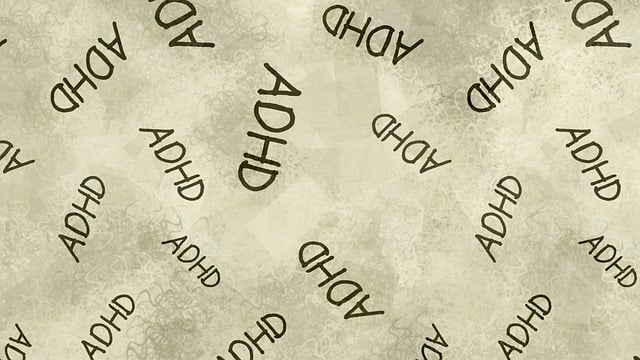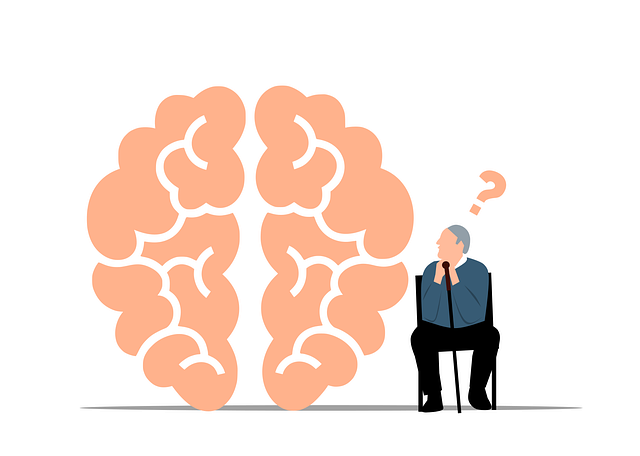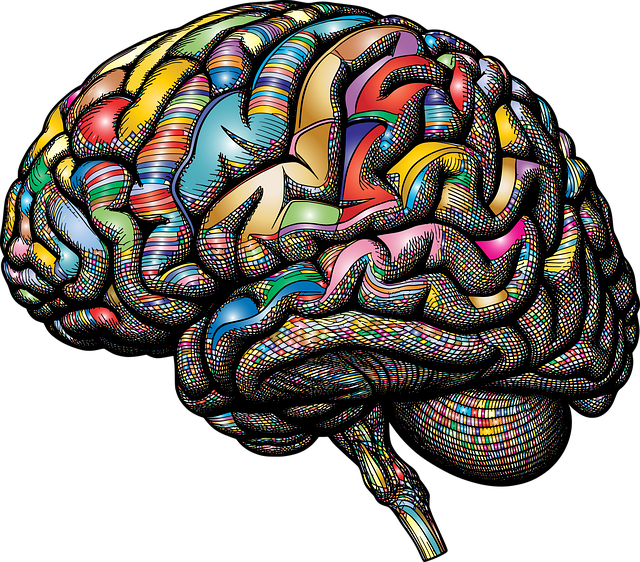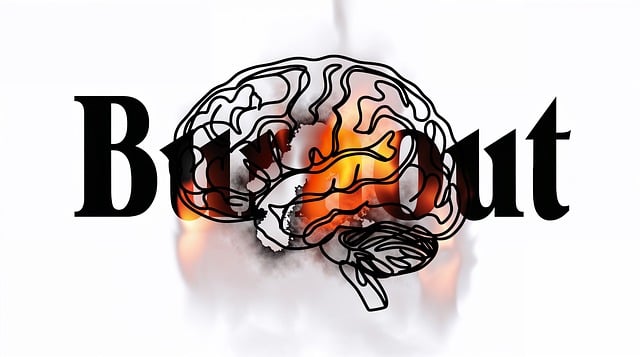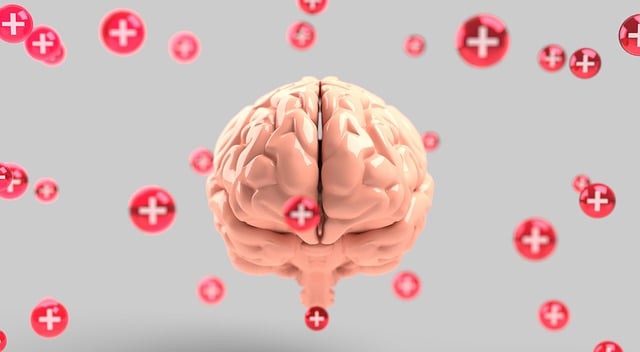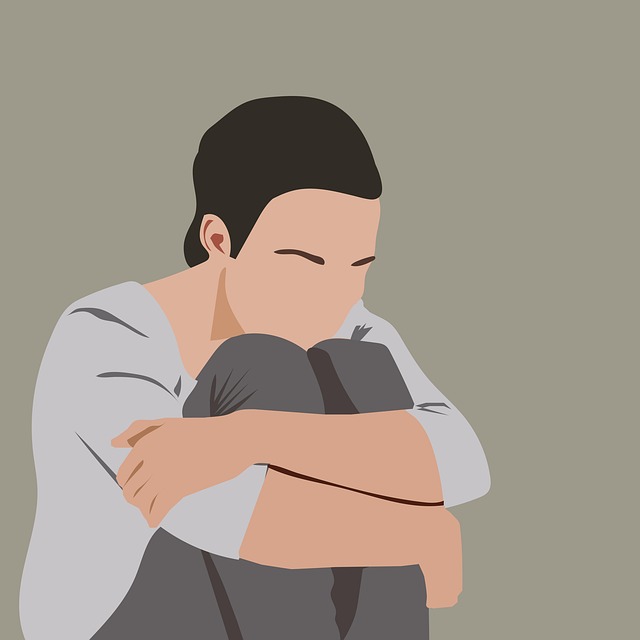Mental health crisis hotlines provide 24/7 support and evidence-based therapy for young adults with post-traumatic stress disorder (PTSD), offering confidential counseling, crisis stabilization, and connections to local resources. These services address the unique needs of young adults affected by PTSD, empowering them with coping mechanisms and promoting long-term mental wellness through specialized approaches like cognitive-behavioral therapy (CBT). Reaching out to these hotlines is a sign of strength, ensuring access to immediate support, community building, and self-care routines for proactive mental health management.
“In today’s fast-paced world, mental health crises are on the rise, particularly among young adults. This article explores crucial support services that offer a lifeline during these challenging times. We delve into understanding mental health crisis hotlines, their impact on young adults, and how they can help identify and address Post-Traumatic Stress Disorder (PTSD).
Additionally, we highlight the importance of therapy in crisis intervention and provide accessible resources for reaching these vital services. By exploring these topics, we aim to emphasize the availability of support for young adults seeking mental health guidance.”
- Understanding Mental Health Crisis Hotlines: A Lifeline for Young Adults
- Identifying Post-Traumatic Stress Disorder (PTSD) in Younger Populations
- The Role of Therapy and Support Services in Crisis Intervention
- Accessible Resources: How to Reach and Utilize Crisis Hotline Services
Understanding Mental Health Crisis Hotlines: A Lifeline for Young Adults

Mental Health Crisis Hotlines serve as a crucial lifeline for young adults grappling with emotional distress and mental health challenges. These 24/7 support services offer immediate assistance, connecting individuals to trained professionals who can provide therapy for young adults experiencing a wide range of issues, including post-traumatic stress disorder (PTSD). By offering confidential conversations, these hotlines foster a safe space for sharing personal struggles, enabling effective stress management and emotional well-being promotion techniques.
Designed to intervene during acute mental health crises, the hotline professionals employ evidence-based practices to stabilize individuals and guide them towards long-term mental wellness solutions. They serve as a bridge to local resources, therapy options, and crisis intervention services, ensuring young adults receive the necessary care promptly. This immediate access to support can make all the difference in preventing escalating situations and promoting resilience among vulnerable populations.
Identifying Post-Traumatic Stress Disorder (PTSD) in Younger Populations

Identifying Post-Traumatic Stress Disorder (PTSD) in younger populations is a critical aspect of providing effective mental health support. Many young adults experience traumatic events that can lead to PTSD, such as accidents, assaults, or natural disasters. The symptoms of PTSD in youth may differ from those in older individuals, making it essential for professionals and caregivers to be aware of these variations. Early recognition is key to ensuring timely therapy for young adults struggling with this condition, which often includes specialized approaches tailored to their age group and unique experiences.
Effective treatment options like mood management strategies, trauma-focused cognitive-behavioral therapy, and community outreach program implementations can help mitigate the impact of PTSD on young lives. Trauma support services designed specifically for this demographic not only facilitate healing but also empower them with coping mechanisms to navigate future challenges. By integrating these resources, mental health crisis hotline support services play a pivotal role in fostering resilience among younger populations affected by PTSD.
The Role of Therapy and Support Services in Crisis Intervention

Therapy and support services play a pivotal role in crisis intervention, especially for young adults grappling with post-traumatic stress disorder (PTSD). These services offer much-needed safety nets and coping mechanisms during mental health emergencies. Through specialized therapy sessions, individuals can explore and process traumatic experiences, thereby reducing the severity of PTSD symptoms. Cognitive-behavioral therapy (CBT), for instance, equips them with evidence-based tools to challenge negative thought patterns and develop healthier coping strategies.
Moreover, support services facilitate connection and community building, which are crucial components of recovery. Peer support groups provide a sense of belonging and understanding, fostering an environment where young adults can share their experiences without stigma. Self-care routine development, integrated with mind over matter principles, empowers individuals to proactively manage their mental health. This holistic approach not only prevents burnout but also encourages long-term wellness, enabling young adults to navigate life’s challenges more resiliently.
Accessible Resources: How to Reach and Utilize Crisis Hotline Services

Crisis hotline services are a vital resource for individuals experiencing mental health emergencies or acute distress. These hotlines offer immediate support and can connect people to the help they need, 24/7. For young adults struggling with post-traumatic stress disorder (PTSD), accessing these services is a crucial step towards healing. Many hotlines provide confidential counseling, where trained professionals offer therapy for young adults dealing with PTSD, allowing them to share their experiences and receive guidance on effective stress reduction methods.
Utilizing crisis hotline support is easy and often just a phone call away. Hotline staff are equipped to handle various issues, including anxiety, depression, and emotional trauma. They can provide immediate coping strategies and direct individuals to suitable local resources or specialized treatments like therapy for young adults with PTSD. Remember, reaching out for help is a sign of strength, and these services exist to ensure that everyone has access to emotional healing processes and the prevention of worsening mental health conditions.
Mental health crisis hotline support services play a crucial role in providing immediate assistance and long-term solutions for young adults struggling with mental health issues, particularly those suffering from post-traumatic stress disorder (PTSD). By combining accessible resources with effective therapy, these hotlines empower individuals to navigate crises and embark on journeys towards healing. For those seeking therapy for young adults with PTSD, hotline services serve as a vital first step, offering guidance and support tailored to their unique needs.



